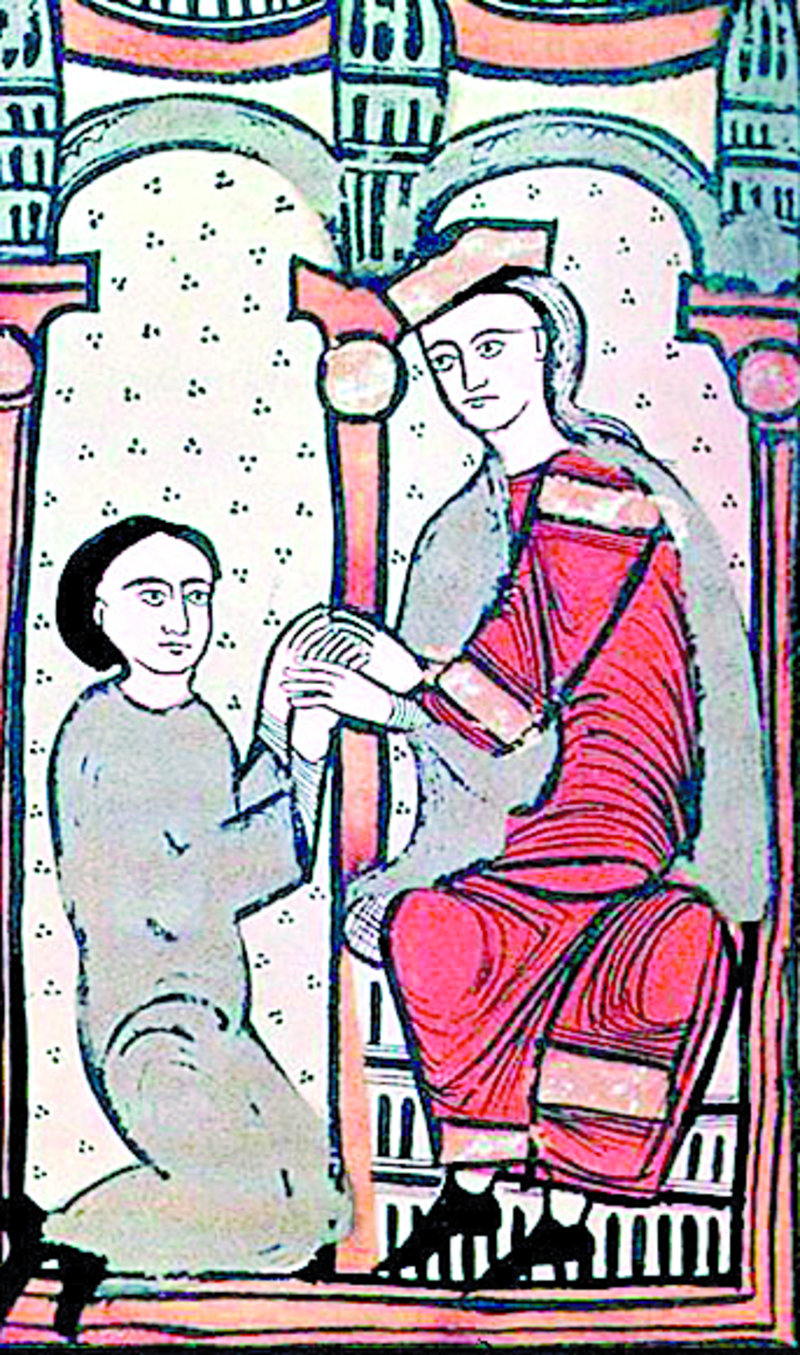THE LAST WORD
MYTHS IN THE MAKING
it is the blend of reality and fiction that makes for a good mythit is hard to say today what Arnau’s motivations really were
Every country comes up with myths about itself. It is an unavoidable element of forging a national identity, even if the actual truth may be quite different. In fact, as everyone knows, it is the blend of reality and fiction that makes for a good myth. And we should not underestimate the importance of myths: in countries all over the world many people have been willing to lay down their lives to defend a nation whose identity and culture may have been built on the half truths enshrined in its national myths.
Take my country, England, for example. When the Romans left, myth has it that a local chieftain pulled a magic sword from a stone, rallied his people and held back the waves of Saxon invaders bent on pillage and conquest. Over the following centuries, the legend of King Arthur developed into what it has become today: the round table, the search for the Holy Grail, Excalibur, Lancelot, and so on.
How much of that story is true is anyone’s guess, but for it to be a functioning myth there has to be a kernel of truth to it. Perhaps there was one, or even a few, local warlords who did resist the invaders filling the vacuum left in England when the legions returned to Rome. That is all it might have taken for this shadowy semi-historical character to become a symbol of national resistance, an example for patriots to follow, a means of motivating a defence of the homeland.
Catalonia, of course, is no different. The national anthem, Els segadors, conjures up a determined peasant army defeating their enemies with their stout scythes, for example. Or take the fall of Barcelona to Bourbon troops in 1714 and how the actual historical details of that story probably matter less to most people than the idea of recovering their lost national rights.
In this issue we also dip into that grey area between legend and history with the story of Arnau Mir de Tost, in the report on pages 26-31. This 11th-century nobleman, who became a great warlord due to his conquests over the Muslims in the area now known as Ponent, has gone on to earn himself the moniker of Lleida’s El Cid, and the remains of his exploits can still be seen, and visited, today in the 30 border castles and fortifications he left behind.
Arnau was a real man, but one who lived so long ago it is hard to say what his motivations really were. The warlord may just have been interested in making himself rich and powerful, and yet today we credit him with helping to forge the origins of modern-day Catalonia. This country and society has been rocked by political instability in recent times, and it is having to deal with the reverberations of that uncertainty and conflict. It is at times like this that our national myths come into their own. The real Arnau obviously had no understanding of Catalonia because such a place did not yet exist. However, as a symbol of strength and determined resistance, mythical figures like that of Arnau can help to provide us with the strength to carry on.


